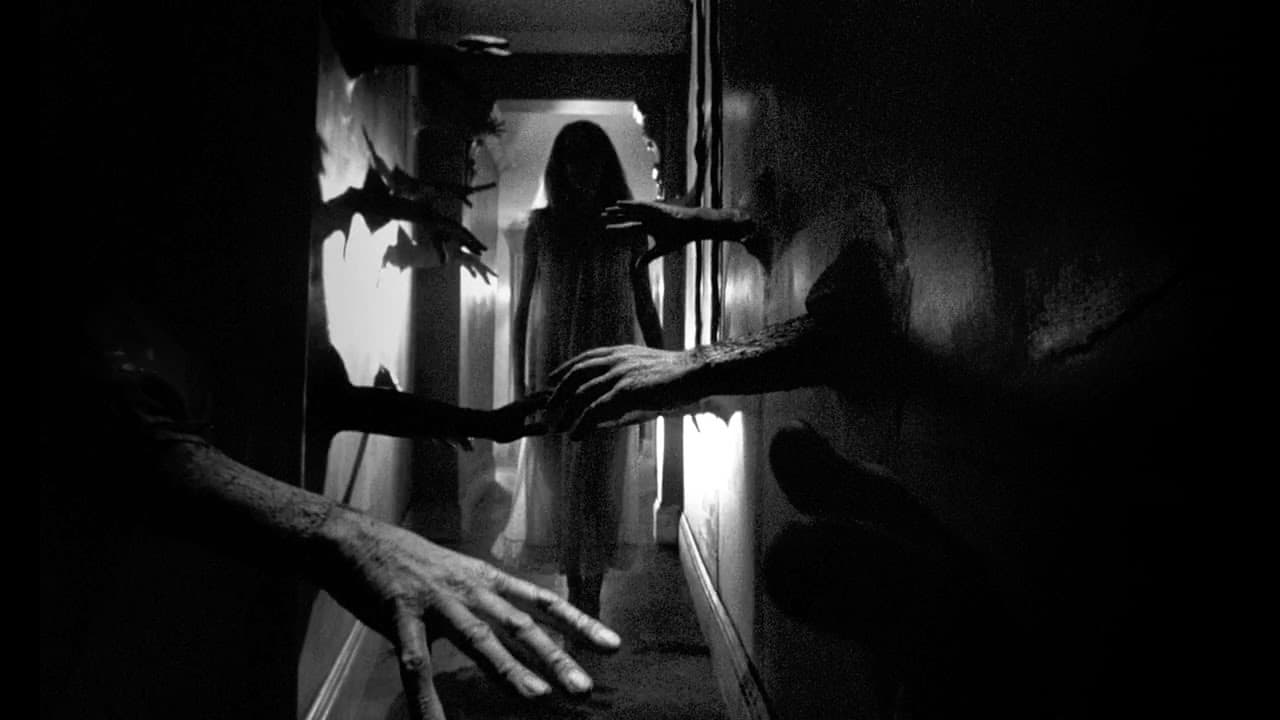One-third of the way into Ryan Coogler's masterful world-unification, consciousness-raising vampire flick, Sinners, he and cinematographer Autumn Durald Arkapaw stage a jaw-dropping dance hall spectacle that is a testament to the creative verve of these frequent collaborators.
The film is set in 1932 during the opening of a new juke joint set up by twin gangsters Elijah and Elias / Smoke and Stack (Michael B. Jordan) in a barn acquired from a white landowner (David Maldonado), who assures the battlefield-hardened duo the Klan was no longer around to terrorize folks. Of course, we'll discover this is not true.
Smoke and Stack left their home in Mississippi as boys looking for better opportunities, but as they tell young sharecropper / bluesman Sammie / Preacher Boy (a terrific Miles Caton), Chicago was Mississippi with tall buildings and no plantations. They've come home to fight the devil they know. Of course, we will take this tossed off remark literally before the film is over.
The opening night gutbucket (the soundtrack for Sinners is a full-blooded character) is interrupted by a white trio led by red-eyed creeper Remmick (Jack O'Connell), who the audience was introduced to earlier when he descended on the home of a Klansman (Peter Dremainis) and his wife (Lola Kirke).
Remmick asks to come into the party but he gives off enough bad vibes to be refused entry. He and the others will eventually find their way into the compound, of course, after much blood is shed and after Coogler, who wrote the screenplay, lays out some intriguing ideas about how best to identify and respond to an existential enemy.
Sinners spans genres, audiences and tastes, but will undoubtedly be appreciated on its deepest level (and there are many levels to this story) by those familiar with the adage "every closed eye ain't sleep, every goodbye ain't gone."
And, of course, are ready to take this quite literally.







.jpg)


